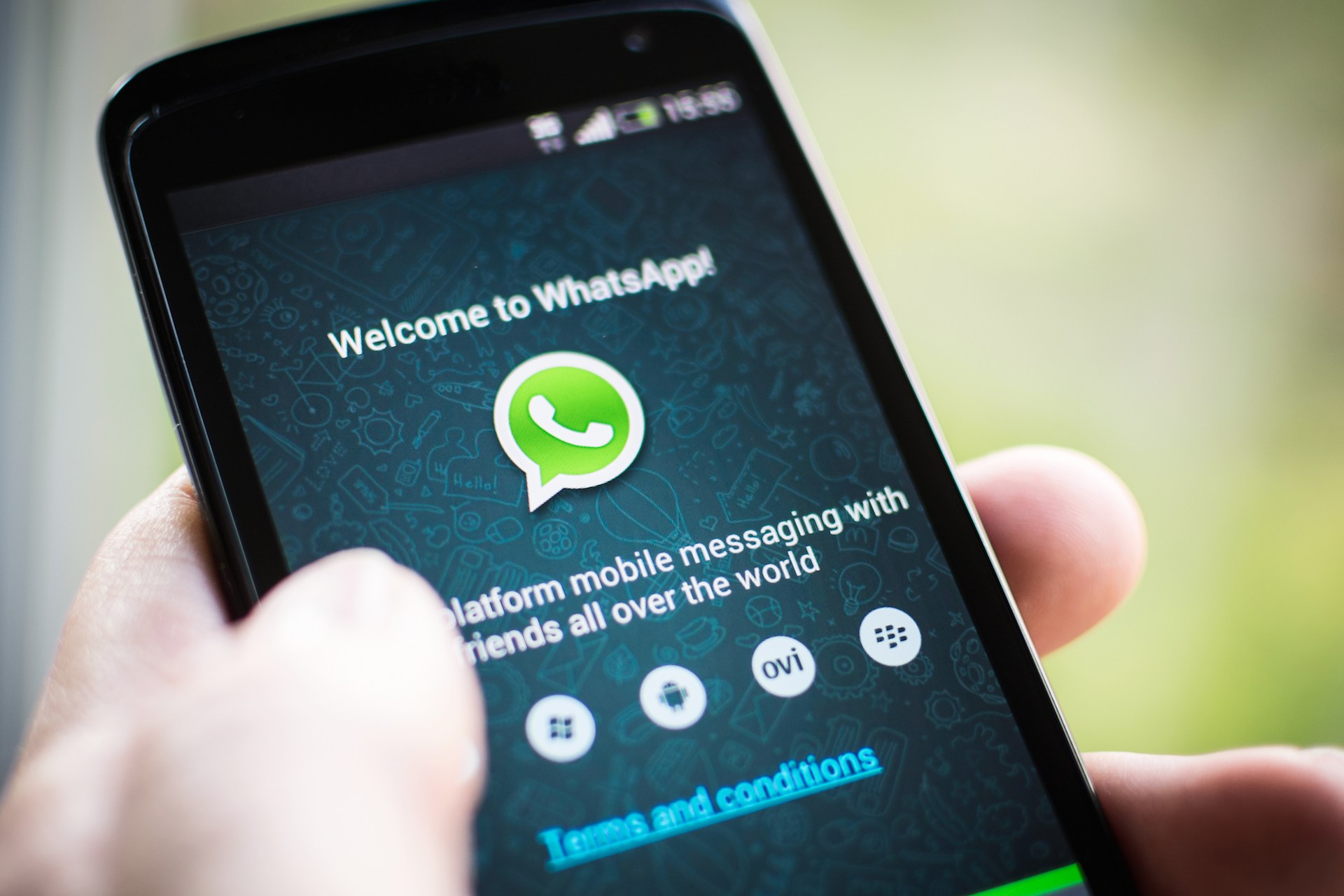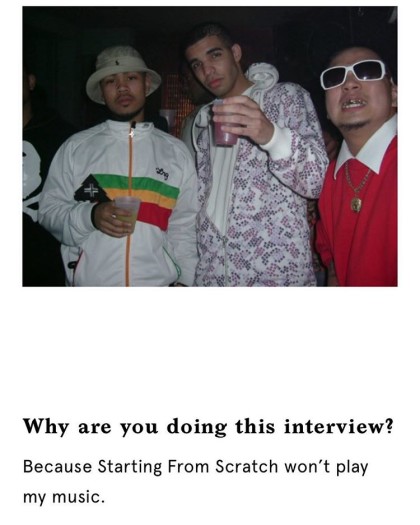
Facebook and WhatsApp: the value of a global user base
In February of 2014, business savvy Facebook CEO Mark Zuckerberg purchased WhatsApp, an alternative cross-platform messaging service. Although it’s not as popular in the Western world the app has shown tremendous value overseas and developing countries. With over 700 million users worldwide as of March 2015, it’s easy to see why the company sold for $19 billion dollars… or is it?
Let’s run through some quick math. WhatsApp charges an annual fee of $1 and displays zero advertisements in the application. With 700M active users each paying $1 (for this example we will forego all expenses and future growth) WhatsApp would earn $700 million per year. At that rate it would take Facebook over 25 years to recover their purchase price, again not counting expenses or inflation. Not exactly a good business model. So why is WhatsApp considered so valuable? The real value lies in the insights Facebook can leverage from WhatsApp’s global user base, both today and the future.
The reality now is that Facebook has access to millions of other users behavioural data and information. What they choose to do with it we may never know directly, but when ranked last in the Electronic Frontier Foundation’s (EFF) report on privacy policies, it is fairly worrisome.
Regardless of if you use Facebook, WhatsApp, or even Google, protecting the information you share online should be a priority. The law can’t always keep up with the growth of technology, so we cannot count on them to protect us. If you are interesting in learning what you can do to secure your online presence, visit the EFF’s website and take note.
And remember what Tim Cook said, “You’re not the customer, you’re the product.”
In February of 2014, business savvy Facebook CEO Mark Zuckerberg purchased WhatsApp, an alternative cross-platform messaging service. Although it’s not as popular in the Western world the app has shown tremendous value overseas and developing countries. With over 700 million users worldwide as of March 2015, it’s easy to see why the company sold for $19 billion dollars… or is it?
Let’s run through some quick math. WhatsApp charges an annual fee of $1 and displays zero advertisements in the application. With 700M active users each paying $1 (for this example we will forego all expenses and future growth) WhatsApp would earn $700 million per year. At that rate it would take Facebook over 25 years to recover their purchase price, again not counting expenses or inflation. Not exactly a good business model. So why is WhatsApp considered so valuable? The real value lies in the insights Facebook can leverage from WhatsApp’s global user base, both today and the future.
The reality now is that Facebook has access to millions of other users behavioural data and information. What they choose to do with it we may never know directly, but when ranked last in the Electronic Frontier Foundation’s (EFF) report on privacy policies, it is fairly worrisome.
Regardless of if you use Facebook, WhatsApp, or even Google, protecting the information you share online should be a priority. The law can't always keep up with the growth of technology, so we cannot count on them to protect us. If you are interesting in learning what you can do to secure your online presence, visit the EFF’s website and take note.
And remember what Tim Cook said, “You’re not the customer, you’re the product.”




